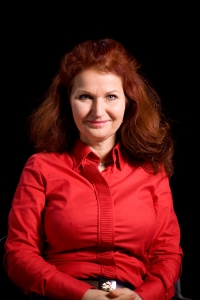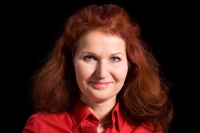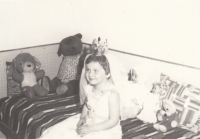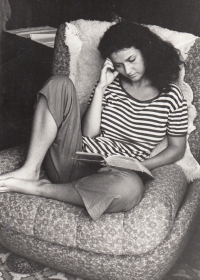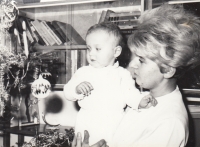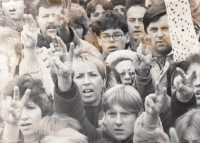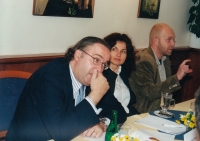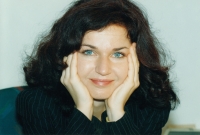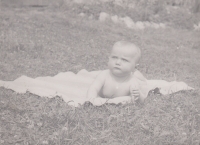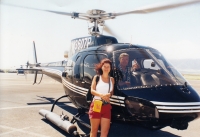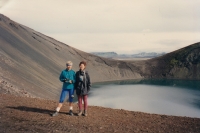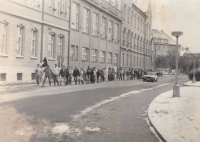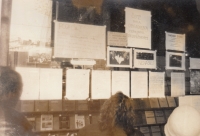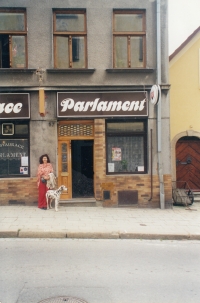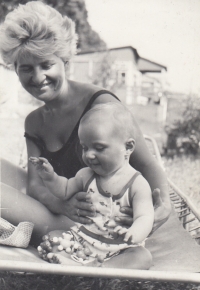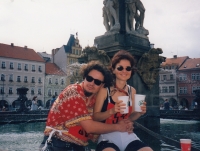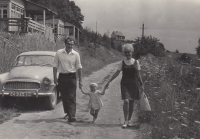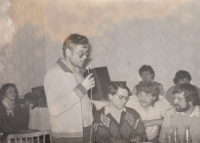This ridiculous system could not last long
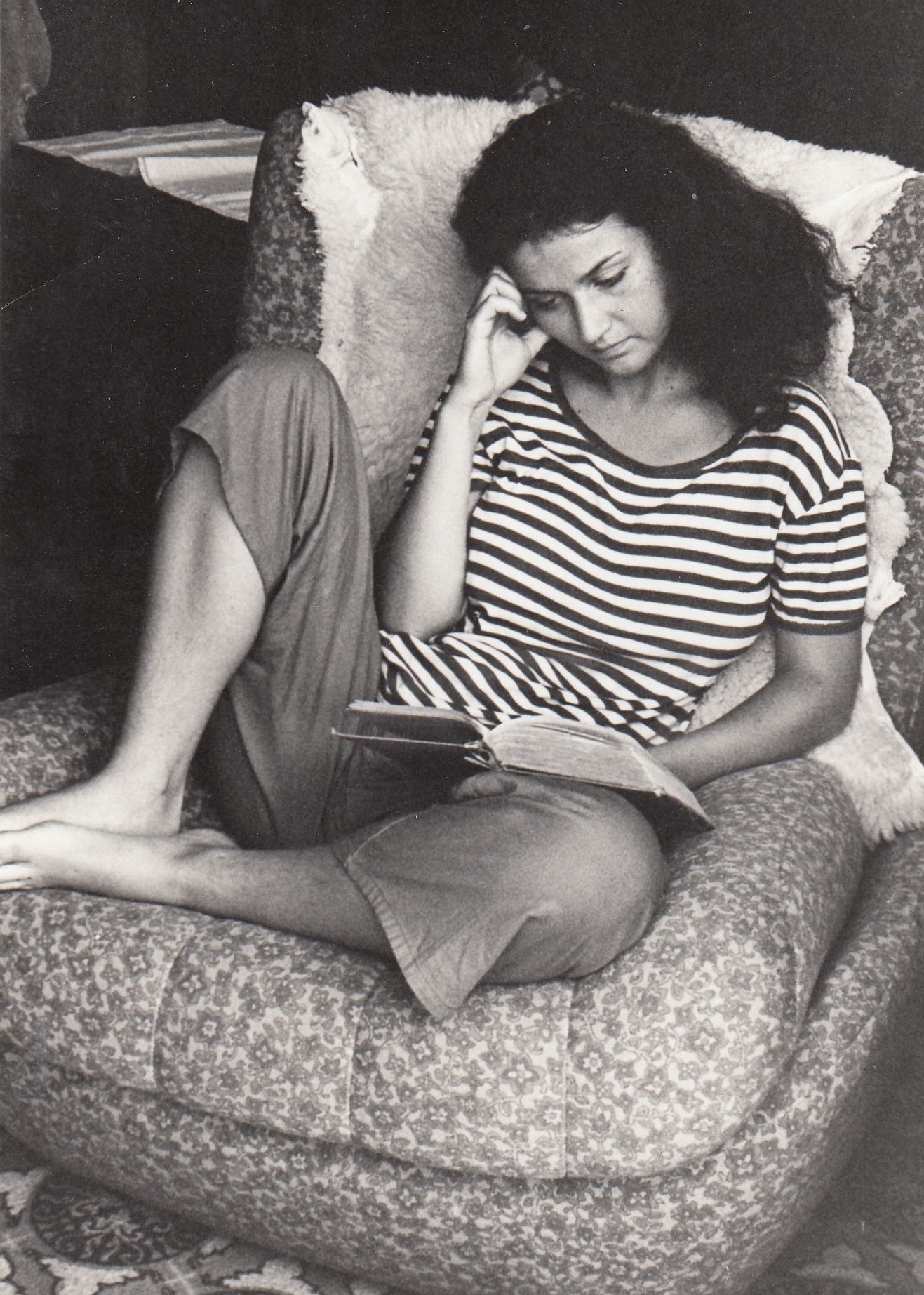
Download image
Monika Němcová was born on December 12, 1966 in Jindřichův Hradec. She grew up in České Budějovice, where she graduated from the primary school in Nová Street and continued at the Karel Šatal secondary grammar school. From the age of sixteen, she participated in concerts of banned bands and copied samizdat. As a teenager, she was questioned by the State Security. After high school graduation, she unsuccessfully applied to university three times, worked as a worker, an entrant in the daily Jihočeská pravda or an assistant at the České Budějovice Observatory. In 1989 she was accepted into the field of English at the Faculty of Education in České Budějovice. In November 1989, she joined the Student Revolution, becoming a member of the strike committee. She represented students at the South Bohemian Regional Congress of the Communist Party, where she informed the present officials that the period of communism was over. In the early 1990s, she traveled to Canada to improve her English. After her return, she founded a translation and interpreting agency. Later she started a business in real estate. She did not complete her studies at the pedagogical faculty. In 2000, she became involved with the unsuccessful political party Cesta změny. After the birth of sons Matyáš (2003) and Sebastián (2008), she graduated from law. In 2020, Monika lived in Dobrá Voda near České Budějovice.
